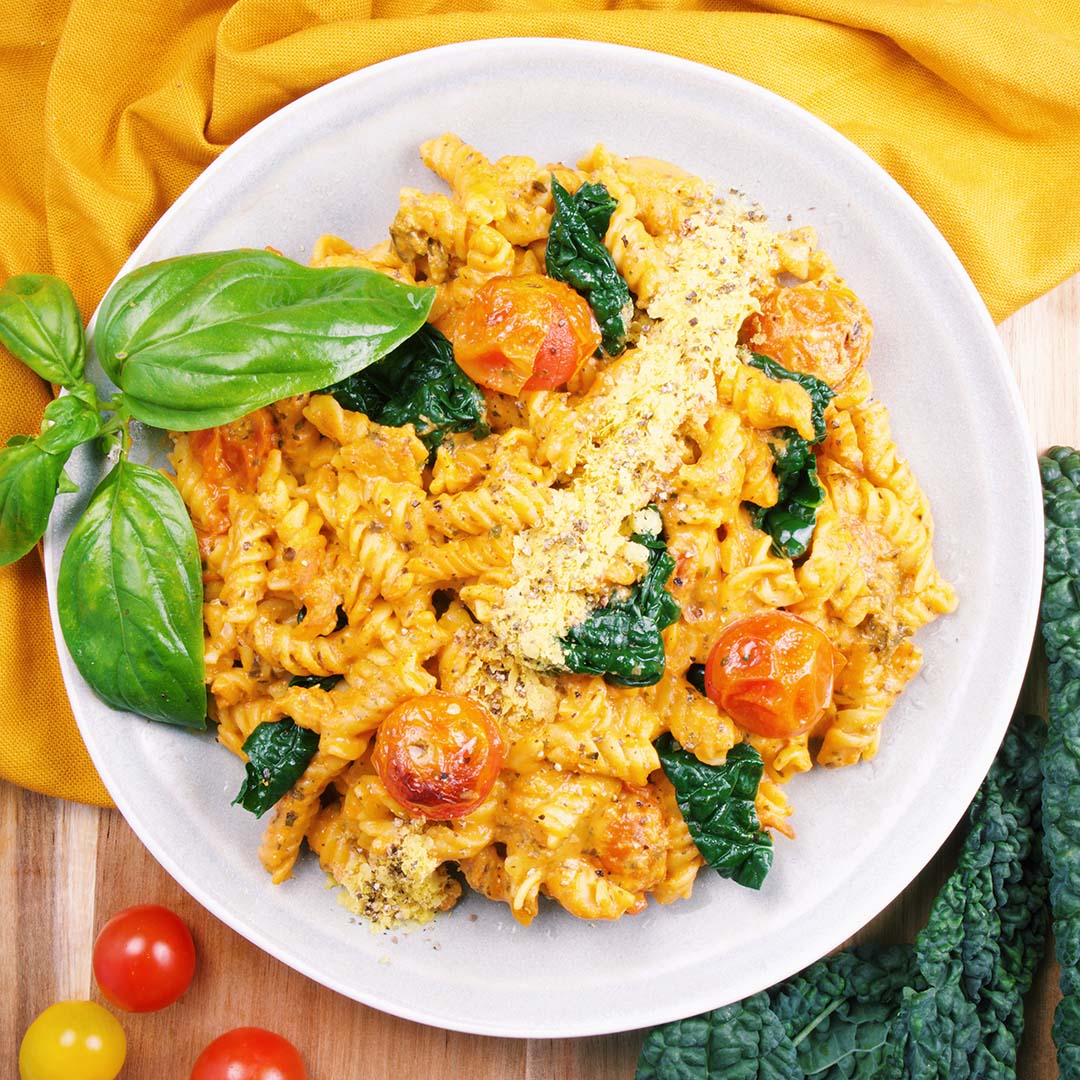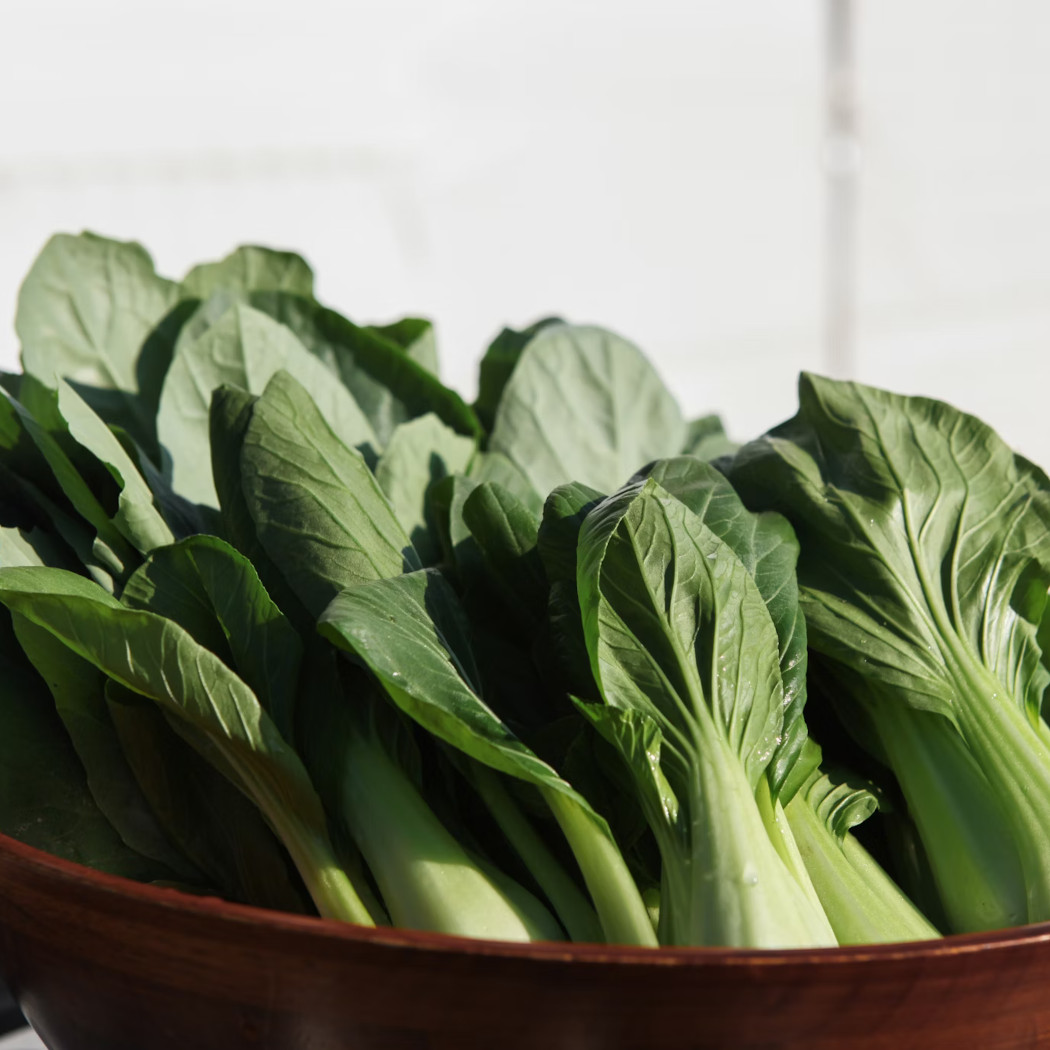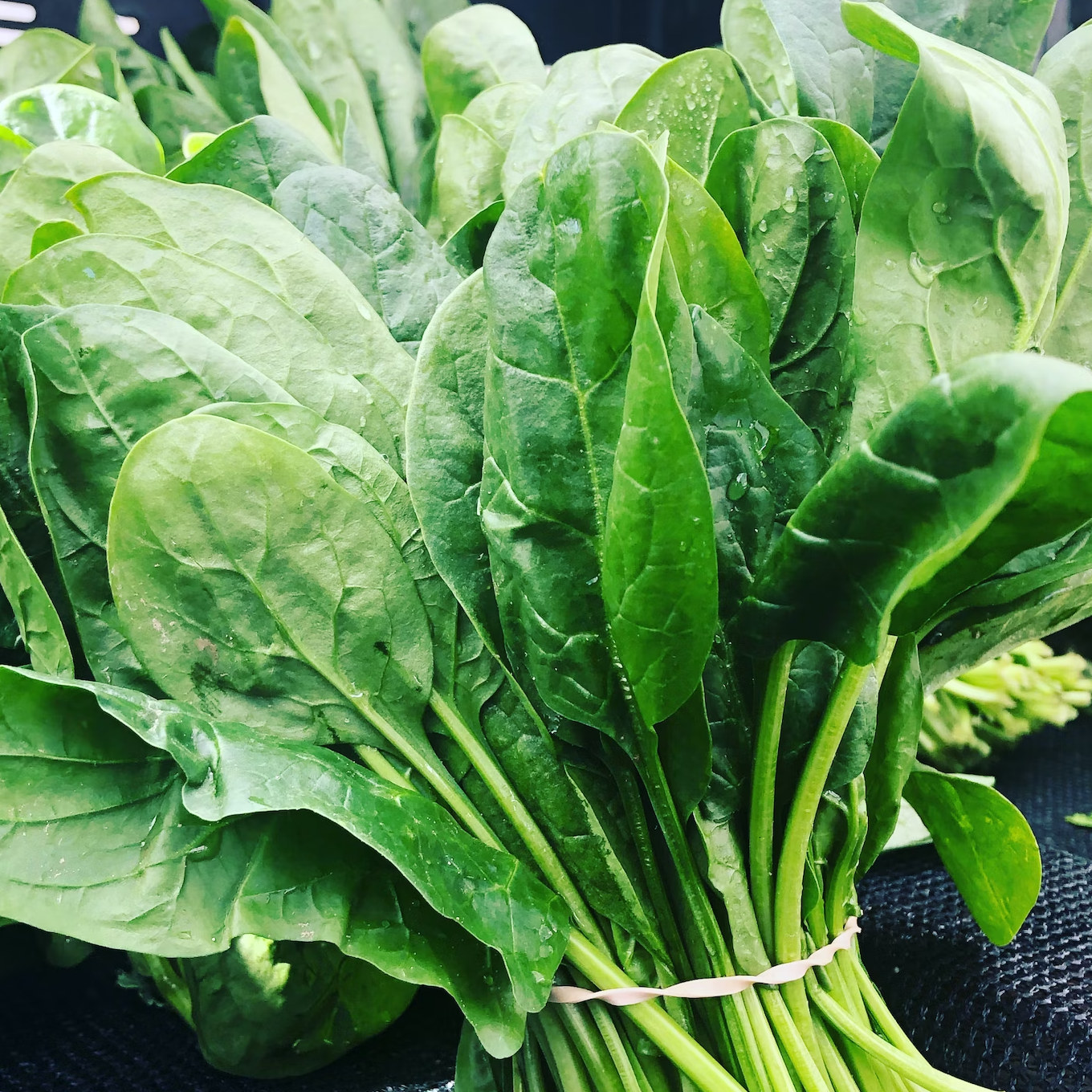
Garden of Vegan is the healthiest meal delivery service in Australia and proudly displays all of its meals' nutritional information.
Studies have shown that many of the most common chronic diseases can be prevented, managed, or even reversed with whole food plant-based nutrition.1
And, at Garden of Vegan, we provide nutrition information so you and your nutritionist or doctors can pick the best vegan meals specifically targeted to your health goals.
So, in addition to the ingredients and any allergen information, we list the following amounts for every meal based on portion sizes: energy, calories, protein, fat total, saturated fat, carbohydrate, sugars, dietary fiber, and sodium.
We also highlight four components of our healthy, organic meals, so you can quickly make informed food choices for your health journey.
Calories
Calories are the basic unit of energy within food. When you eat, your body converts calories into energy and uses what it can, and stores the rest in the form of fat. A calorie is a calorie, whether it comes from a brownie or a serving of raw broccoli. The difference between them is the number of calories, nutrients, fat, and other ingredients in a typical serving.
The amount of daily caloric intake you need to maintain a healthy weight, increase your weight or lose weight depends on many factors such as your age, health conditions, activity level, and more. In general, if you consume more calories than you use (burn), you can gain weight. And, if you burn more calories than you consume, you can lose weight.
Protein
Protein is in every cell in the body. Our bodies need protein from the foods we eat to build and maintain bones, muscles, and skin. It is important to get enough dietary protein. You need to eat protein every day because your body doesn't store it the way it stores fats or carbohydrates. How much you need depends on your age, sex, health, and level of physical activity.
Carbs (Carbohydrates)
Carbs are sugar molecules. Along with proteins and fats, carbohydrates are one of the three main nutrients found in foods and drinks.
Your body breaks down carbohydrates into glucose. Glucose, or blood sugar, is the main source of energy for your body's cells, tissues, and organs. Glucose can be used immediately or stored in the liver and muscles for later use.
Carbs or sugars are an important metric to help assist with weight loss, and weight gain or to monitor other health conditions where people have to watch their blood sugar.
Fat
Fat is a type of nutrient. You need some fat in your diet but not too much. Fats give you energy and help your body absorb vitamins. Dietary fat also plays a major role in your cholesterol levels. But not all fats are the same. You should try to reduce and avoid saturated fats and trans fats.
Eating too much fat will typically cause weight gain because fat has twice as many calories as proteins or carbohydrates.
Garden of Vegan's healthy, organic meals make it easy to calculate your daily intake of calories, carbs, proteins, and fat.
Garden of Vegan delivers healthy and delicious vegan food to your door and is the perfect way to start your vegan journey toward better health. We also make it easy to see our nutrition information before you make meal purchases.
And all of Garden of Vegan's meals are made from 100% certified organic whole foods and free from pesticides, herbicides, artificial ingredients, additives, or preservatives.
Garden of Vegan also delivers fresh fruit and vegetable boxes, pantry items, and raw and organic coffees or desserts.
Garden of Vegan has NDIS plans.
Eligible NDIS participants only pay for the food cost component of the meals they order. NDIS Participants or NDIS plan managers, learn more about Garden of Vegan NDIS plans and how we can assist participants.
Take control of your nutrition by feeding your body healthy plant-based foods and go vegan for your health, the animals, and the environment.
References:
1. https://www.doctorsfornutrition.org/clinicians-students/why-wfpb/
2. https://medlineplus.gov/carbohydrates.html
3. https://medlineplus.gov/dietaryfats.html
4. https://medlineplus.gov/dietaryproteins.html




